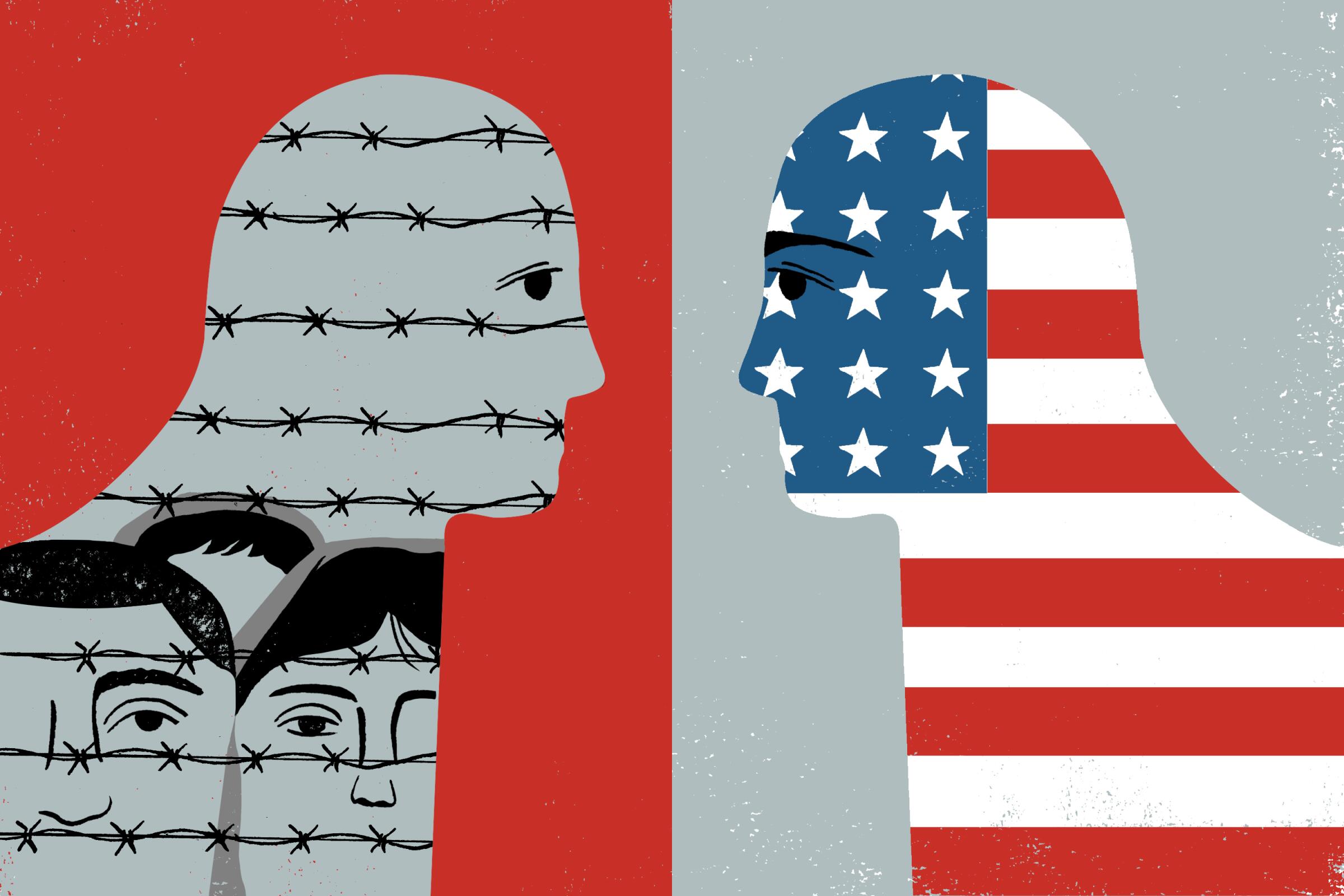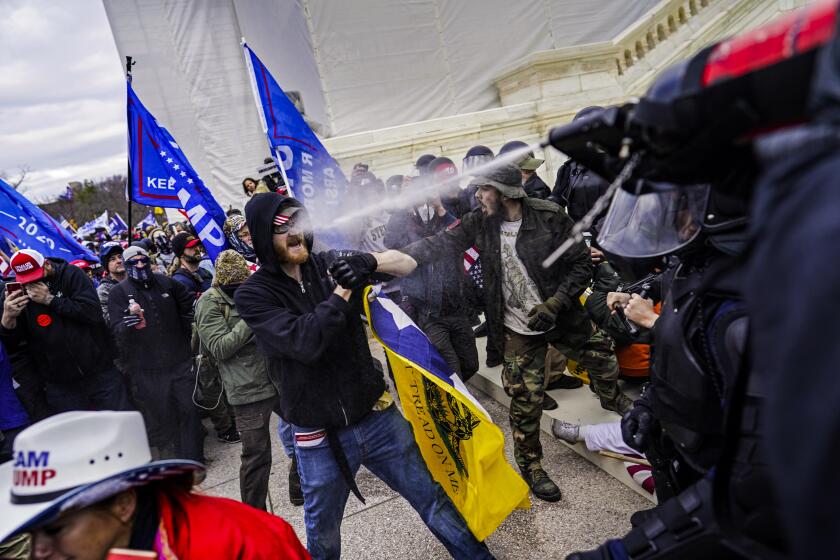I write as a Jewish refugee from Hitler. My family fled Austria the day after the Anschluss of March 12, 1938. I come from an entirely secularized family, and my maternal grandfather was a leading diplomat from World War I to 1938. Nevertheless, the Anschluss meant that my family, by sheer dint of being Jewish by birth and ancestry, had to flee the country instantly, leaving everything behind. We left with four suitcases and no money. Those Jews who stayed behind, even for a few months, were likely to be sent to concentration camps and be killed in the gas chambers of the Holocaust.
But the currently popular comparison between the U.S. today and early 1930s Germany is highly dubious.
Unlike the U.S., Germany had no real tradition of democracy. Germany became a unified country only in 1871; it rapidly industrialized and became a major power by 1914. But until 1918, it was not only a monarchy but also an empire with a weak parliamentary structure. All government ministers were appointed by the Kaiser. The chancellor, moreover, could nullify any of the laws passed by the Reichstag (parliament). Then World War I decimated the country, bringing on large-scale poverty and, in the early years of the Weimar Republic, starvation. The 12 years of democracy from 1918 to the economic crash in 1929 were already shaky by the time of Hitler’s Beer Hall Putsch in 1923.
Then, too, 21st century Americans ignore the role communism played in bringing the Nazis to power. In 1930, there were 37 individual parties running for office. If the Socialist (SPD) and Communist (KPD) parties had joined forces, the Nazis wouldn’t have had a chance. But because the SPD and KPD were constantly at each other’s throats, the far right saw its chance.
It is impossible to understand today how great the fear of Russian communism was. It would have meant giving up private property — i.e. your house and home. This is hardly equivalent to the “threat” from the Republicans today. Those who turned to the Nazis often regarded it as the lesser of two evils — a temporary state of affairs before a centrist party could win again.
The day Hitler became chancellor, the free press simply dissolved; from then on, all newspapers reported directly to Hitler. In the U.S., on the other hand, every major news outlet with the exception of Fox was adamantly against Trump throughout the four years of his presidency and continues to be obsessed with calling him every name in the book. Even NPR and PBS seem to be 100% pro-Democrat. So where is the parallel?
What comparable state of affairs exists in America? Instead of the Weimar splinter parties, our current moment is Manichean, the country being divided right down the middle. Each of our two parties thinks it is the democratic one and the other elitist, racist or sexist.
And consider the anarchy today! At the moment, schools seem to be barely functioning; some close regularly because there are not enough teachers. This is the antithesis of Hitler’s Germany, where regimented children, marching into the classroom, were indoctrinated into fascism. For Hitler, discipline was the order of the day, whereas the Trump administration was curiously disorganized, firing its own personnel left and right. At the same time, the Biden administration seems to be paralyzed when it comes to education.
Finally, it should be made clear that democracy is not just a voting issue. One can, after all, vote in, fairly and squarely, a fascist party. It has happened all over Latin America. Rather, as Alexis de Tocqueville warned, democracy only works when you have a reasonably educated public. Today, when we have eighth graders who can’t read and write, when civics courses have disappeared and when geography is literally untaught, it is very hard to have a meaningful democracy in the U.S.
Our first aim should be to restore primary education as well as a meaningful media in which there is real discussion of the issues. As for antisemitism, how can it be avoided at the same time Israel has become such an object of hatred?
— Marjorie Perloff, Pacific Palisades











